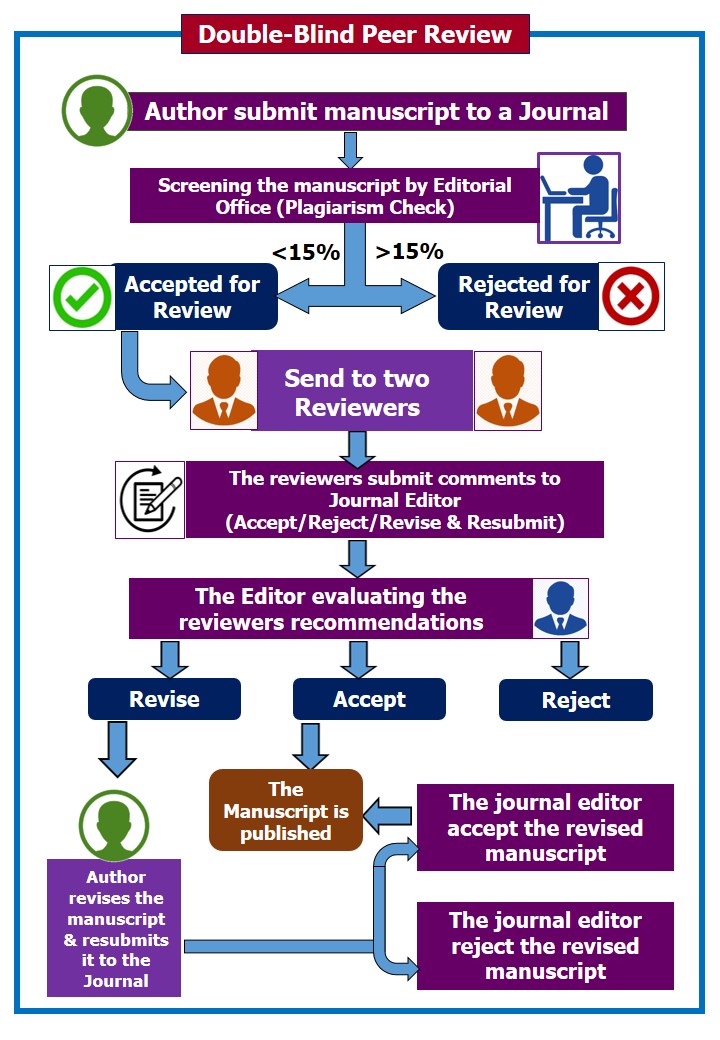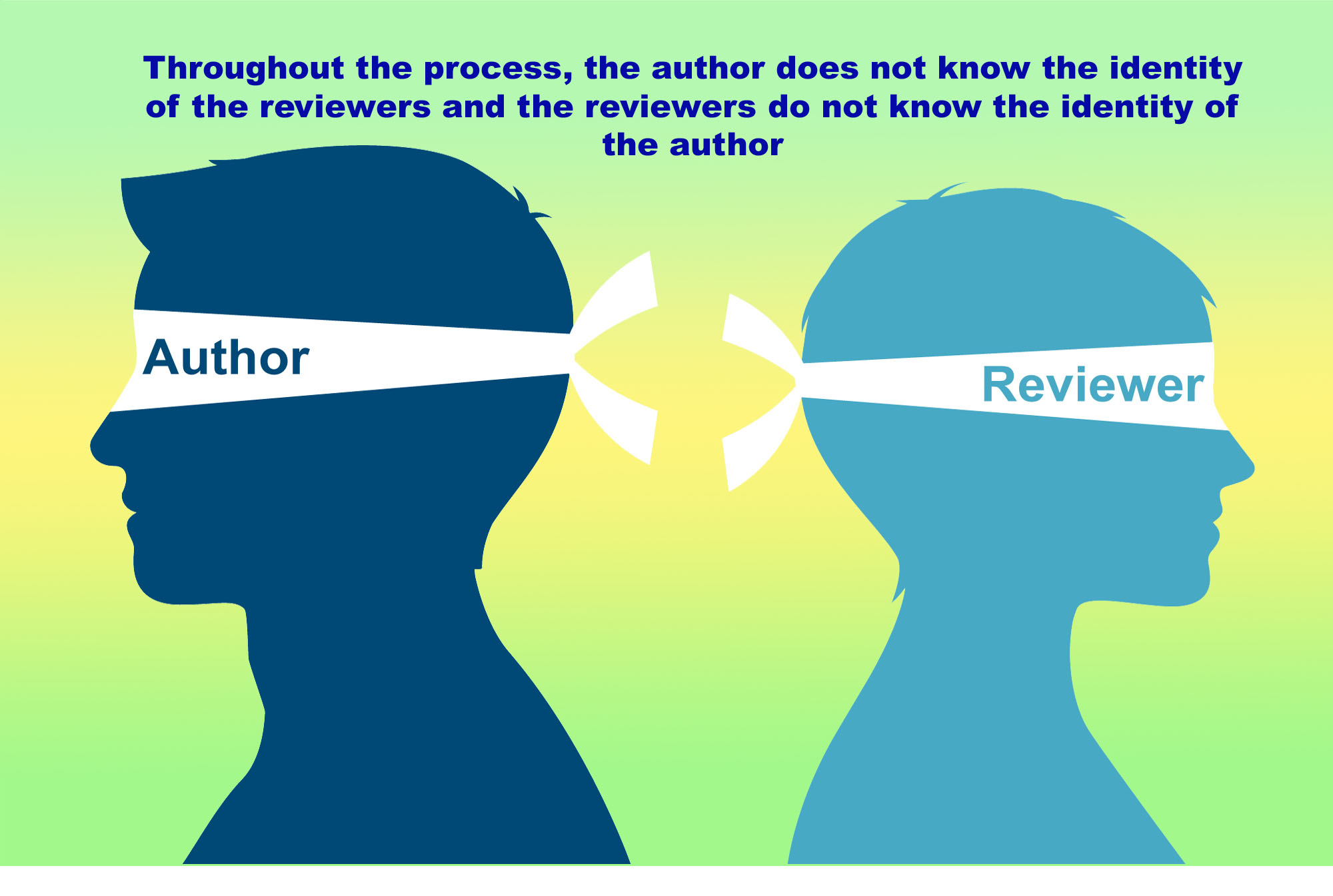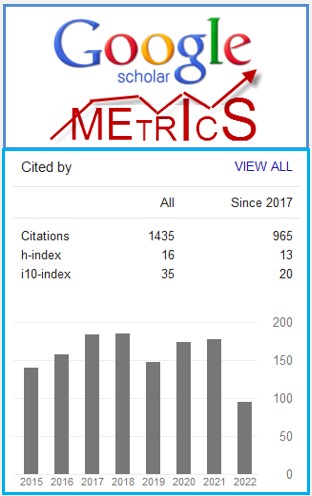PEER REVIEW POLICY
Initial Evaluation/Technical Review
The review process is an important aspect of the publication process of an article. It helps an editor in making decision on an article and also enables the author to improve the manuscript. Biolife Journal operates a double blind review process. Author(s) identity is removed from the manuscript and shielded from the reviewers during the review process. The reviewer is left with only the manuscript without any information that might enable him/her uncovers the identity of the author(s). Information removed includes the author(s) name, address/affiliation, country, phone/fax and email. Any information in the Acknowledgement and Declaration of Conflict of Interest that may lead to the uncovering of the identity of the author is also removed from the manuscript prior to sending it to reviewers.
Peer-Review
Manuscripts are assigned to members of the editorial board of the journal or other qualified reviewers. Reviewers make one of the following recommendations: Accept As Is; Requires Minor Corrections; Requires Moderate Revision; Requires Major Revision; Submit To Another Publication Such As; Reject on grounds of (Please be specific).
A Review Certificate is issued to reviewers after the review of the manuscript.
The review reports are sent to the authors. However, reviewers’ identity is removed from the review reports. The author(s) is left with only the review reports/recommendation without any information that might enable him/her uncovers the identity of the reviewers. A minimum of two review reports are required per manuscript.
On receipt of the author(s) revised manuscript, the original manuscript, the revised manuscript and the review reports are sent to the editor. The editor makes one of the following decisions: Accept; The Manuscript Requires Improvement; Reject.
Only an editor has the authority to “Accept” or “Reject” a manuscript. If a manuscript is “Accepted”, an Acceptance Certificate is issued to the author(s) and the manuscripts are processed for publication.
If a manuscript is rejected, the authors are informed of the decision and no further processing is done on the manuscript.
If a manuscript requires improvement, it is sent to the author(s) with the editor’s recommendation for further revision. The editor makes a final decision on the revised to “Accept” or “Reject” the manuscript.
Plagiarism Policy
This journal aims to publish original and high-quality research. By submitting a manuscript to this journal, the author(s) acknowledge that the study has not been previously published or submitted elsewhere for publication. If any part of a published paper (whether in English or any other language) is used, proper referencing is required. In cases where permission is necessary, the author(s) should obtain consent from the previous publisher or copyright holder, as appropriate. Manuscripts that are found (>15%) to be plagiarized will not be considered for publication. In the event that plagiarism is discovered in a published paper during an internal investigation, a letter will be promptly sent to all the authors, their affiliated institutes, and any relevant funding agency. Furthermore, the paper will be retracted.






